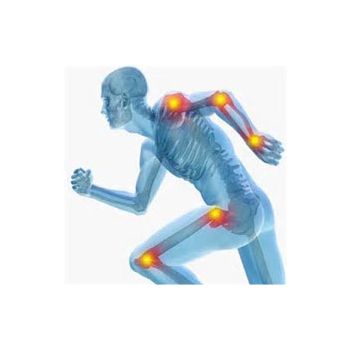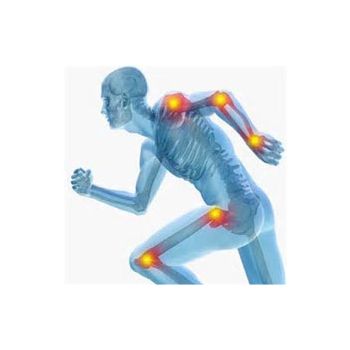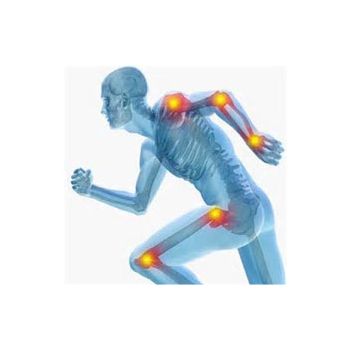Heart Health Lab Panel + Follow-up TRT Lab Panel for Men LabCorp
This combination panel is for male patients who need a TRT follow-up panel and want to check on their overall heart health.

-
What is this test?
The Heart Health + Follow-Up TRT Lab Panel for Men includes tests to monitor your progress on your TRT protocol, along with tests to evaluate overall heart health and identify signs of heart disease.
The Heart Health portion of the panel focuses on various tests to measure:
- LDL and HDL cholesterol levels.
- C-Reactive Protein (CRP) because elevated levels can indicate cardiovascular disease.
- Lipoprotein(a) which carries cholesterol through the bloodstream.
- Hemoglobin A1c which can indicate diabetes and high blood sugar.
-
- IGF-1 which is related to the secretion and function of insulin and Human Growth Hormone (hGH).
The TRT Follow-Up Panel includes follow-up tests that check various hormone levels as well as overall health markers. It’s important to have consistent, comprehensive testing while on a TRT protocol, to ensure you and your provider can make adjustments to optimize your levels and prioritize your overall health.
Who is this test for?
This test is for men on a TRT protocol who are due for follow-up testing and who also want to check their heart health. If you have a family history of heart disease, or if other testing has indicated a potential cardiovascular condition, this panel can give an in-depth look at your heart health. It’s important to take a comprehensive look at your cardiovascular help to accurately diagnose any heart conditions.
What tests are in this panel?
Heart Health:
- NMR LipoProfile® with Insulin Resistance Markers
- C-Reactive Protein (CRP) Test
- Homocysteine Plasma Test
- Lipoprotein(a)
- Hemoglobin A1c
- IGF- 1 (Insulin-like Growth Factor 1)
TRT Follow-Up:
- CBC
- CMP-14
- Lipid Panel
- Testosterone Free and Total
- Estradiol Sensitive
- DHEA-Sulfate
- TSH
- PSA
- SHBG














